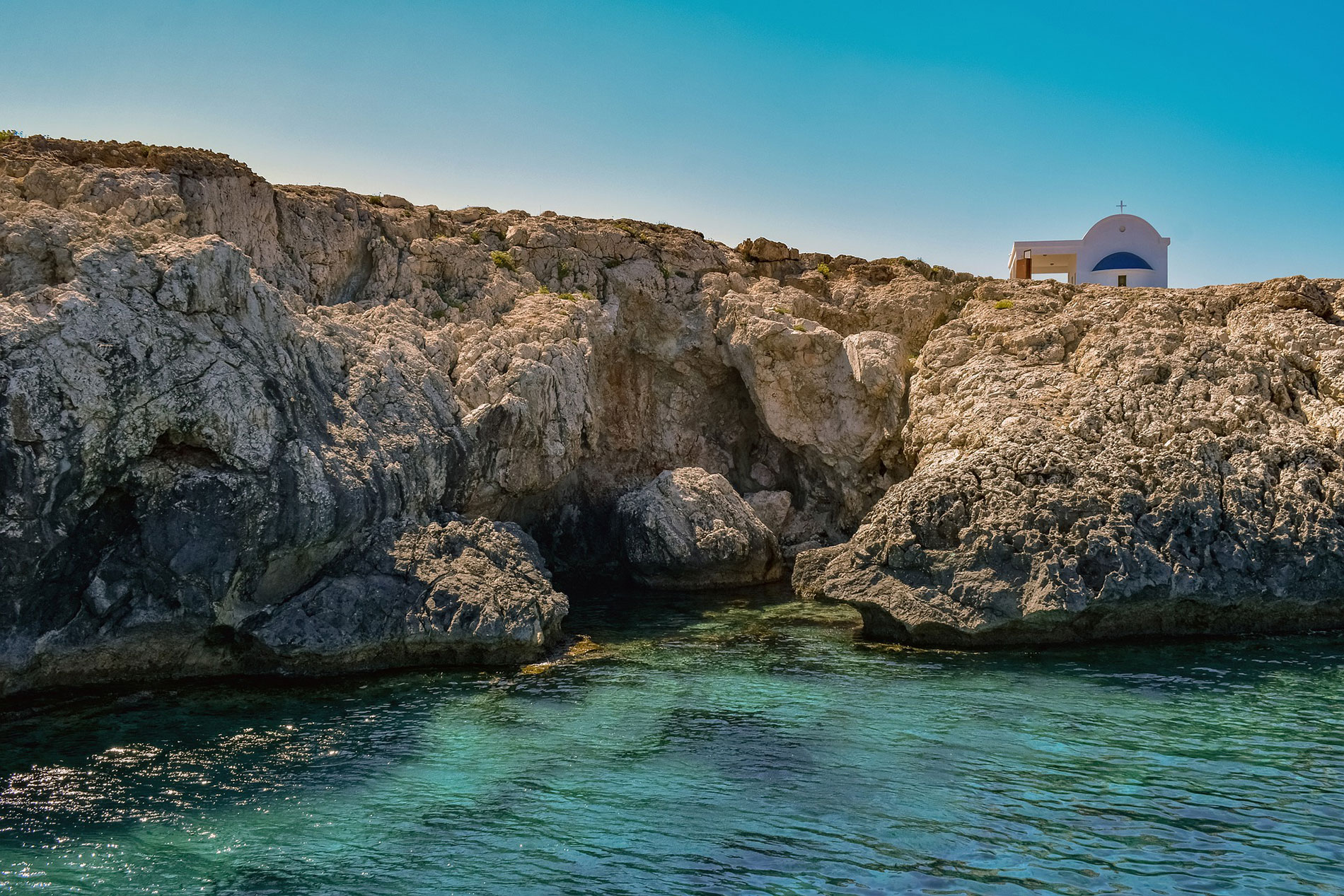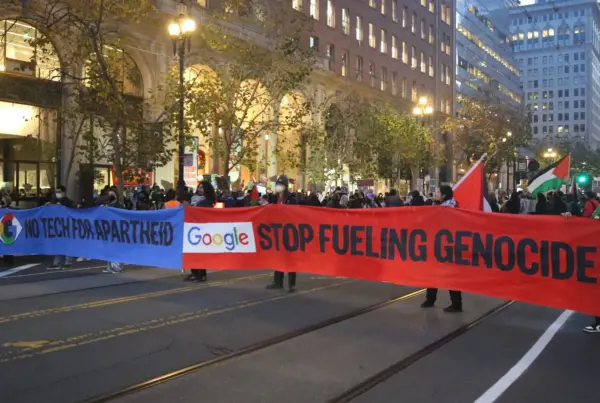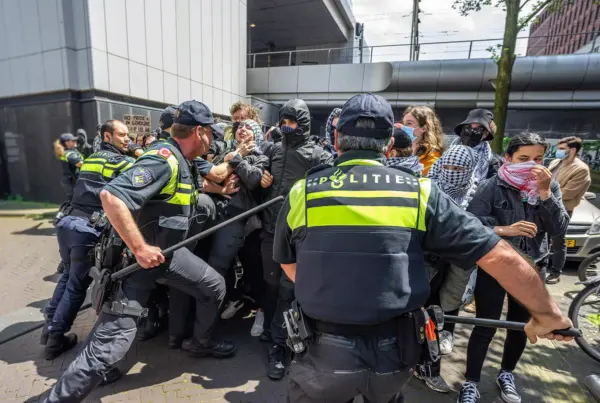In the wake of failed reunification discussions, a closer look at the conflicting political objectives of Greek and Turkish Cypriots suggests the island will remain divided for the foreseeable future.
By Allison Westervelt 7.6.2021
In April, UN Secretary-General Antonio Guterres oversaw three days of informal talks in Geneva about reunification of the island of Cyprus. Joined by foreign ministers of Greece, Turkey, and the United Kingdom as the former colonial ruler of Cyprus, the United Nations set out not to decide how to best manage divided government and land, but to determine whether Greek and Turkish Cypriots desire a shared future at all. The talks yielded disappointing results for those who dream of reunification.
Cyprus has been unofficially divided since 1974. Although both sides identify as Cypriots, the southern part is ethnically Greek, while the northern is Turkish.
In July 1974, the military Junta in Greece ordered the Cypriot National Guard to stage a coup with the aim of uniting Cyprus with Greece. In response, Turkish forces invaded and have occupied the northern part of the island ever since. Today, Cyprus is divided and ruled by two separate governments. The international community considers Turkey’s occupation of the region as illegal and recognizes Cyprus as one nation; only Turkey recognizes the Turkish-Cypriot territory as the Turkish Republic of Northern Cyprus (TRNC).
In an official statement, Guterres said, “The purpose of the meeting will be to determine whether common ground exists for the parties to negotiate a lasting solution to the Cyprus problem within a foreseeable horizon.”
As it stands, there is no common ground. In 2016, the UN Security Council adopted a resolution which extended the mandate of the United Nations peacekeeping forces in Cyprus and outlined its goal of “an enduring, comprehensive and just settlement based on a bicommunal, bizonal federation with political equality.” Prior to the discussions held between 27-29 April, Greek Prime Minister Kyriakos Mitsotaki, at a meeting with Republic of Cyprus President Nico Anastasiades, echoed the vision of the UN framework and emphasized that “a solution can only be achieved on the basis of a bizonal, bicommunal federation, with a single sovereignty, a single citizenship, and a single international representation.” The Republic of Cyprus, an EU member state and the internationally recognized nation on the island, similarly supports a one-nation solution.
Although the hope for reunification is clear on the executive level, the reunification question was not a significant topic in May parliamentary elections in the Republic of Cyprus – another indicator suggesting that we can expect the island to remain divided for the foreseeable future.
Turkish Cypriots of the Republic of Northern Cyprus – which is not internationally recognized – and Ankara advocate a two-state solution. During a 2020 visit to the island, Turkish President Recep Tayyip Erdogan stated, “There are two separate peoples, two separate democratic systems, and two separate states in Cyprus.” The Republic of Cyprus rejects this idea as it implies that Northern Cyprus has sovereign authority.
Turkish Cypriots elected hardliner Ersin Tatar as their president in 2020 over the incumbent, who had believed in reunification. The election of conservative Tatar, who was considered Erdogan’s favored candidate, gave Turkey more control of internal affairs in Northern Cyprus.
The European Union, which was blocked from attending the meeting as an observer, hopes to resolve the problem and stabilize relations with Ankara. A government spokesman for the Republic of Cyprus stated in March that Josep Borrell, EU foreign policy chief, told Anastasiades that the matter must be resolved within a UN framework and the principles of EU law. This suggests that like Greece and the Republic of Cyprus, the EU favors a federal solution.
Tatar rejected the EU’s request to attend the information discussions on the basis that it could not be objective as the Republic of Cyprus is an EU member state. Turkey has been a candidate for EU accession since 1987, but negotiations have stalled in the wake of EU criticism of Turkey for human rights violations and deficits in rule of law.
The U.S. would also like to see the Cyprus matter resolved as the conflict has complicated oil and gas exploration in the Mediterranean Sea and stoked tensions between NATO allies Turkey and Greece, but is not expected to try to take a leading role in negotiations. In the case of Cyprus, the UN can be the only effective mediator.
Since the last round of reunification talks failed in 2017, the dispute over energy resources has worsened. In addition to the disagreements over shared power, Turkey, Greece, and Cyprus are embroiled in a dispute over maritime boundaries and offshore oil and gas reserves. In late 2020, EU leaders placed sanctions on Turkish officials and organizations over Ankara’s unauthorized gas drilling off the coast of Greece and Cyprus.
At the conclusion of the meeting on 29 April, Guterres acknowledged that there was not enough consensus to resume formal reunification negotiations but mentioned the possibility of another round of informal discussions in the next two to three months. As neither Greek nor Turkish Cypriots want to be perceived as unwilling to negotiate, it is probable that a second round of informal talks will happen before the end of the year. The meeting in Geneva was the third round of reunification discussions that have failed since 2004.





